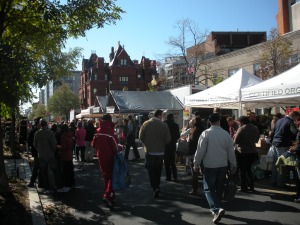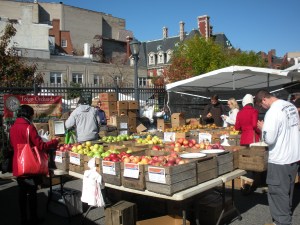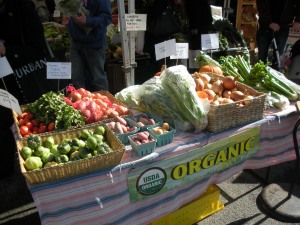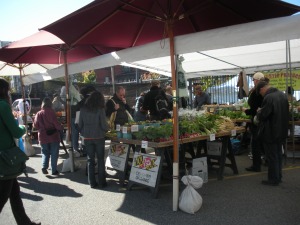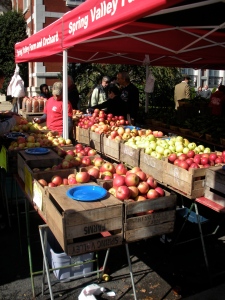Little over a week after my first visit to City University in London, my head is full of impressions and I am still trying to gather my thoughts. The two days I spent at City and the meetings I had with my professors were in a way like a dream, with all the issues and ideas that are on the agenda right now in the areas of food and nutrition policy, and with everything that they are involved in from discussions with the private sector to assignments for the international community and the upcoming Rio +20. (I have to admit that my head was spinning already after my first meeting.) All the thoughts I’ve had for the past years about our future challenges related to food with an increasing population, malnutrition and obesity, environmental degradation and climate change, and competition for land, were confirmed in these two days. My professors shared ideas, articles, and contacts at other universities around Europe, in order for me develop some of my own ideas into further research. It is all so exciting and yet I feel completely overwhelmed! I have spent this first part of the weekend trying to structure all my thoughts and narrowing down my dissertation topic, which will be the first step into my area of real expertise. Having such great support feels fantastic! Most inspiring was, however, the enthusiasm that I found in the department. I love meeting people who truly burn for what they do!!
City University’s small campus in London





